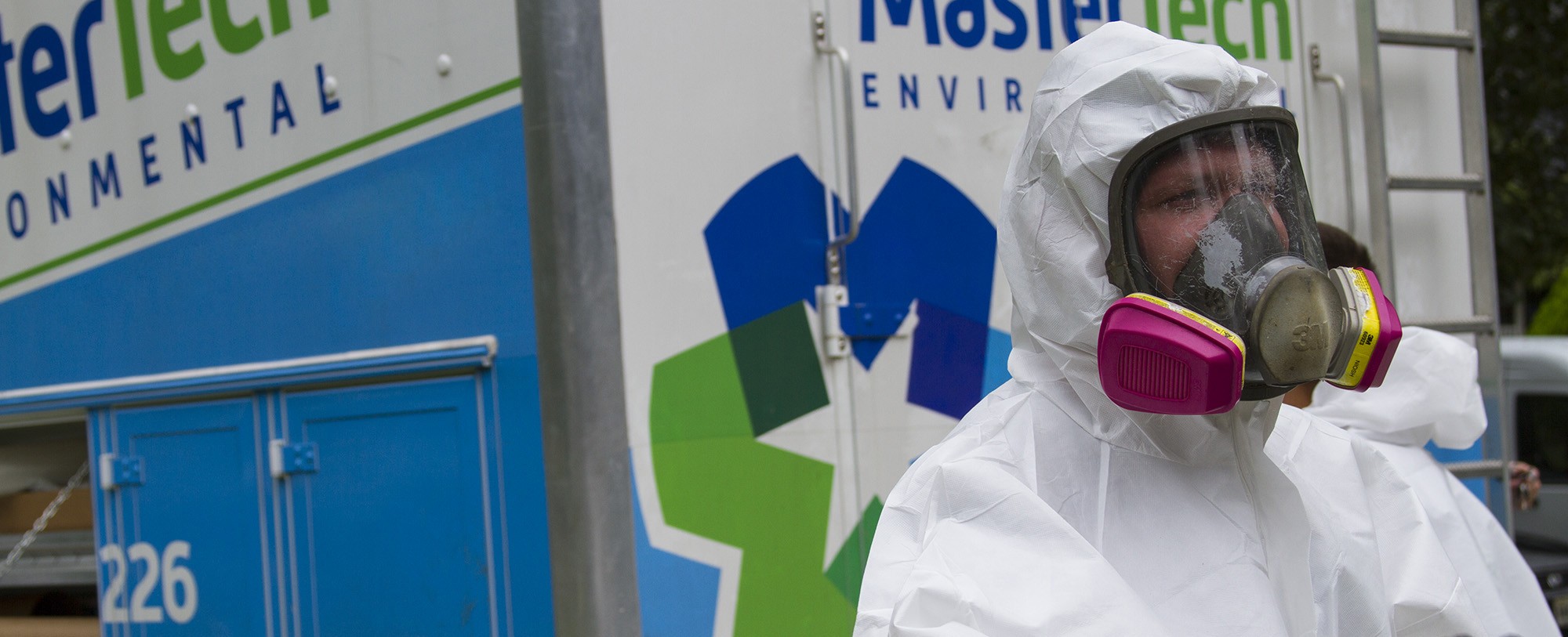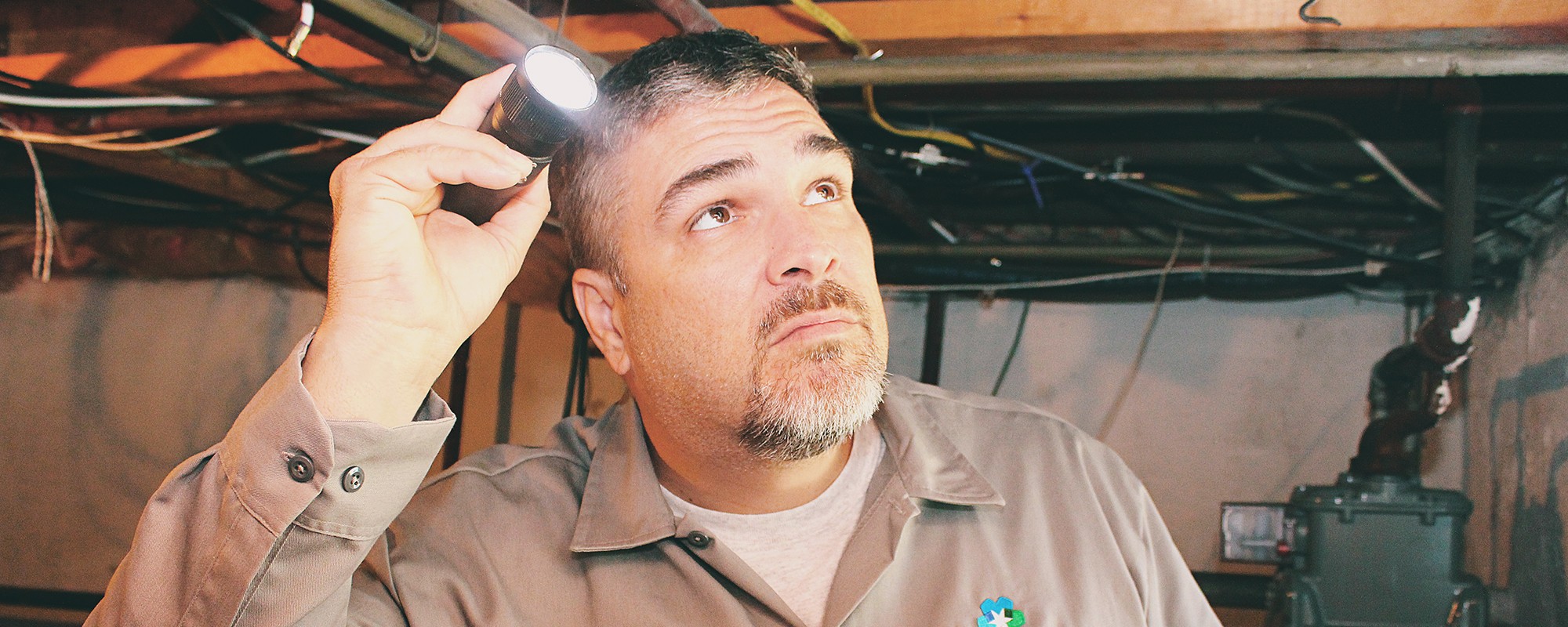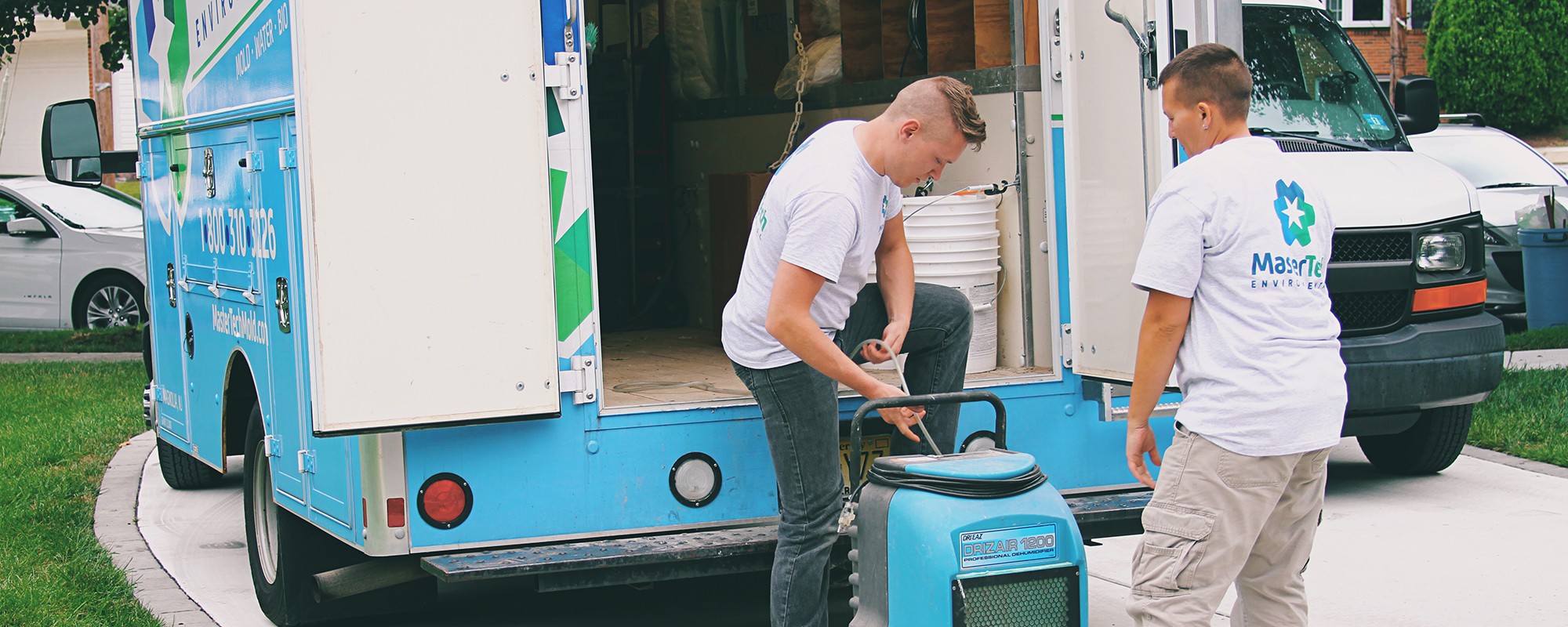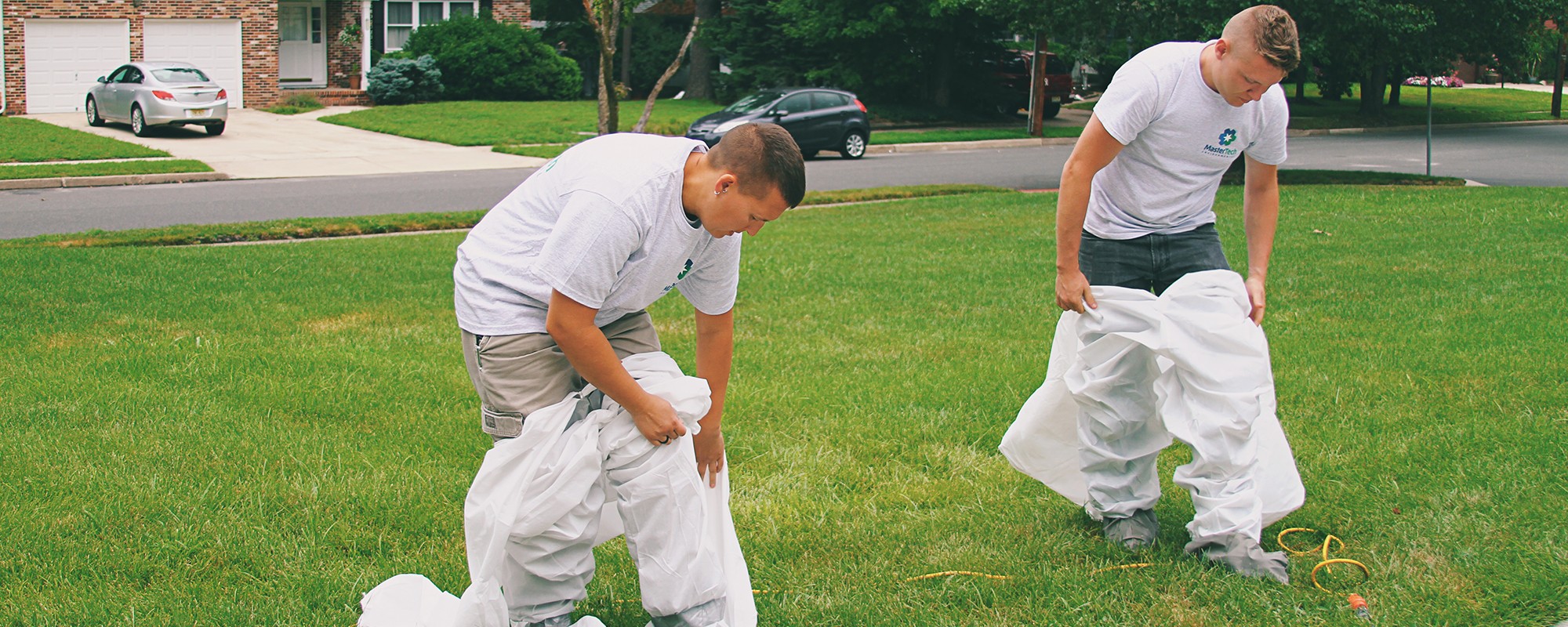Mold Remediation– the removal, cleaning, sanitizing, demolition, or other treatment, including preventive activities, of mold or mold-contaminated matter that was not purposely grown at that location.
Mold is present all around us. It is a natural part of the environment around us, and it plays an important role in the natural breakdown of organic materials. While there will always be some mold spores in your South Jersey home or business, excessive mold growth can be problematic. Significant indoor mold growth is typically the result of a moisture problem within the South Jersey property. Water and mold can leave you with serious property damage and potential health implications. If your South Jersey residential or commercial property is suffering from a widespread mold contamination, you need a South Jersey mold remediation.
If you suspect mold development in your New Jersey home, you should consider consulting a trained mold inspector. Airborne mold spores have the ability to travel to, land on and contaminate virtually any surface. A trained mold inspector in South Jersey will have the necessary tools and knowledge to grasp a full understanding of the extent of the mold damage and prescribe an appropriate solution for your specific mold remediation needs.
The Initial Mold Assessment
As a New Jersey homeowner, you have the power to minimize and, in some cases, prevent the risk of water damage and mold development. While some water events and mold problems are inevitable, there are a lot of moisture prevention and mold prevention measures you can take. Routine maintenance and regular assessments of your home can allow you the opportunity to identify and address potential problems before they grow to be worse. When it comes to mold, early detection and action is key. Learn how to spot the signs of indoor mold growth so you can address a mold problem in its early stages.
If you detect signs of mold development in your home, a professional mold removal company in South Jersey can help. A trained mold inspector will conduct a thorough assessment to:
- Confirm if a mold problem exists
- Identify what caused it in the first place
- Determine what areas have been affected and to what extent
- Develop an appropriate solution for the mold problem at hand
The initial assessment is a very important step. In order to properly address the mold contamination and ensure that it does not happen again, the mold inspector needs to gather as much information as possible in the initial appointment.
Key Priorities of a Mold Remediation
In some cases of minor mold growth, the homeowner might be able to handle the cleanup on his/her own with a little guidance. Industry standard dictates that areas of 10 square feet or less of mold growth usually do not require professional mold remediation. However, if you are faced with a larger area of concern or multiple areas of concern, mold remediation is likely needed.
Mold remediation is more than just address the existing mold. Actual removal of the mold is simply one step of a very complex process. Mold remediation includes: source identification, containment, cleanup and prevention. The intent of mold remediation is to remove the mold, get to the bottom of the water source and make sure that the mold does not return.
- Source Identification: When dealing with a mold problem, it is vital to identify the cause and moisture source. In order to guarantee a successful mold remediation and prevent the re-growth of mold, the moisture source needs to be properly addressed. A professional remediation company should be able to get to the bottom of where the moisture starts and stops. If the moisture problem is not resolved, mold re-growth is inevitable, despite a successful cleanup.
Initial Assessment- During the initial assessment, your mold inspector should be able to gather enough information to get a pretty good idea of where the water is coming from. However, despite all the fancy tools, there are still limitations to what an inspector can see during the initial assessment.
During the Remediation- Once a mold remediation team can set up the necessary containment and get a closer look at what might be hidden behind building materials, the mold remediation team will be able to confirm the moisture source.
- Containment & Safety: As discussed earlier, airborne mold spores can travel to, land on and contaminate virtually any surface. Naturally, the mold remediation process will disrupt settled spores and force spores into the air. Before starting the mold removal, mold remediation technicians have to isolate the contaminated areas with containment barriers. Proper and effective containment will prevent cross-contamination to clean, unaffected areas.
Safety & Personal Protection- Mold is considered a bio-contaminant, which is why homeowners are advised not to handle a large mold contamination on their own. Mold remediation technicians must follow strict safety protocols when dealing with mold. This includes covering and protecting clean areas of the property, maintaining safe indoor air quality and wearing adequate personal protective equipment.
- Cleanup & Disposal: In many cases, mold can be effectively removed from the surface of certain building materials by following the IICRC S520 Mold Remediation Protocol. However, depending on the type material and the severity of contamination, some building materials may be deemed non-salvageable and must be removed and safely disposed of. Mold remediation technicians should be trained in the most advanced cleaning and demolition techniques in order to ensure a safe, effective mold remediation.
- Prevention: Mold remediation means the removal of mold AND the prevention of re-growth. By understanding the moisture source and original causation, a mold professional will be able to make recommendations for the necessary preventative measures to ensure that the mold problem does not return.
Professional Mold Remediation Process South Jersey
While different mold remediation companies may prefer a specific chemical brand or machine type over another, all professional mold remediation processes should look similar. Ultimately, a mold remediation process should be designed to drive the best results possible without compromising safety.
- Mold Assessment- Gather information to develop a safe & effective mold remediation plan
- Containment Barriers- Contain the mold and prevent cross-contamination
- Cover & Protect- Cover work areas to keep home safe and clean
- Air Filtration- HEPA-filtered air filtration to maintain clean & safe air quality
- HEPA Vacuum- Remove surface mold spores from affected building materials
- Demolition & Removal- Surgically remove & dispose of non-salvageable materials
- Antimicrobial Application- Destroys surface mold in the affected areas
- Mold Root Removal- Concentrated hydrogen peroxide agent removes embedded mold roots
- Scrub & Clean- All surface mold is scrubbed, wiped and cleaned off of affected materials
- Re-HEPA Vacuum- Done after cleaning to completely remove any remaining spores & roots
- Mold-Proof Coating- Applied to cleaned surfaces to help prevent mold re-growth
- Confirm Cleanup- Post remediation inspection to verify a successful cleanup
Following the completion of a proper mold remediation, be sure to follow all preventative recommendations and moisture control measures to ensure that you do not experience mold re-growth.
Basement mold remediation, attic mold remediation and crawl space remediation are some of the most common services needed. These areas are hot spots for moisture problems and mold growth. Learn more about mold remediation services in your area here.






